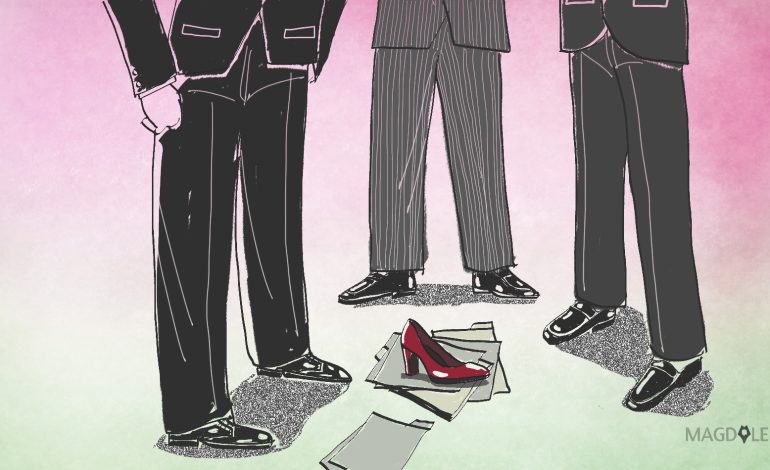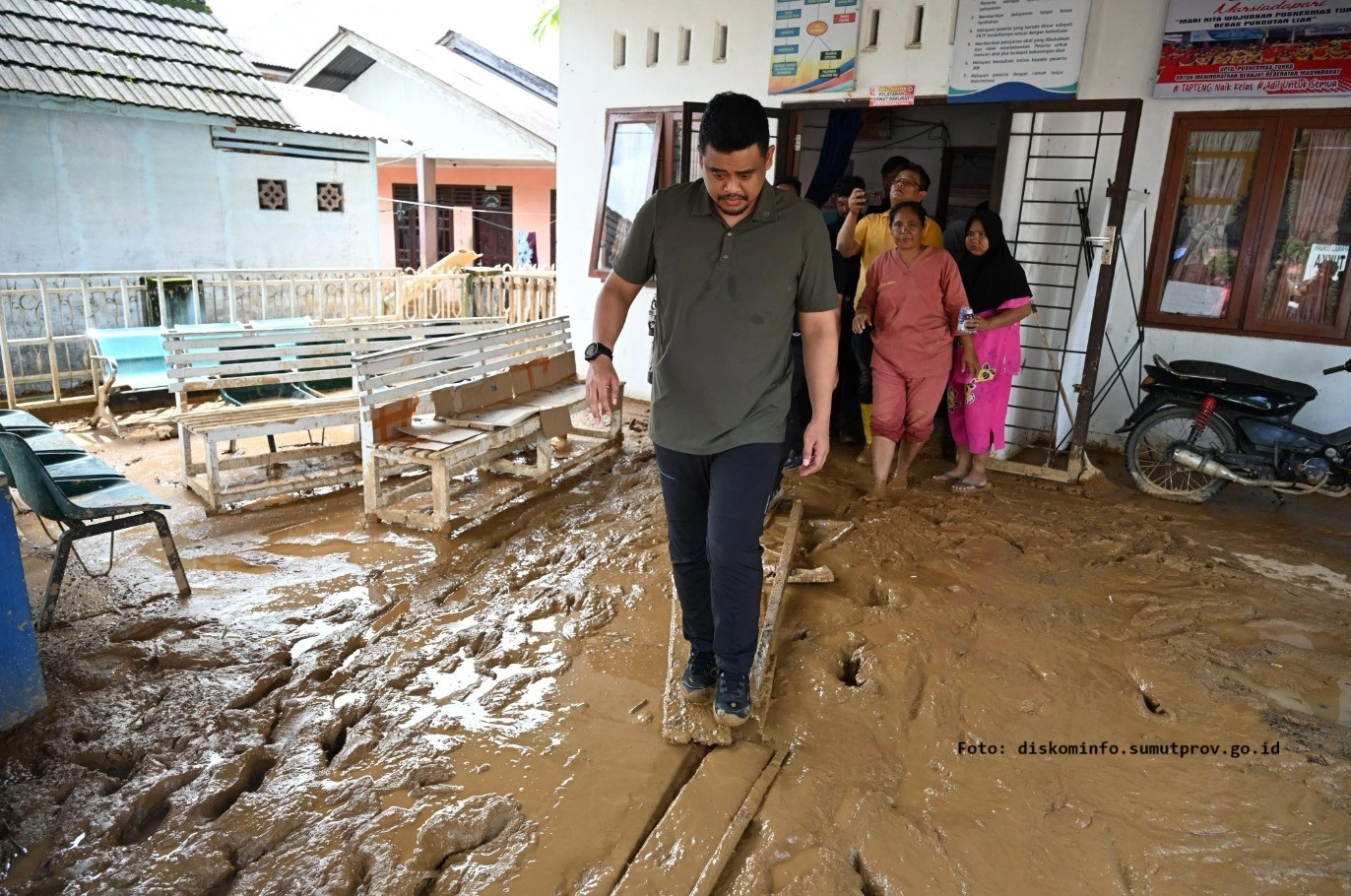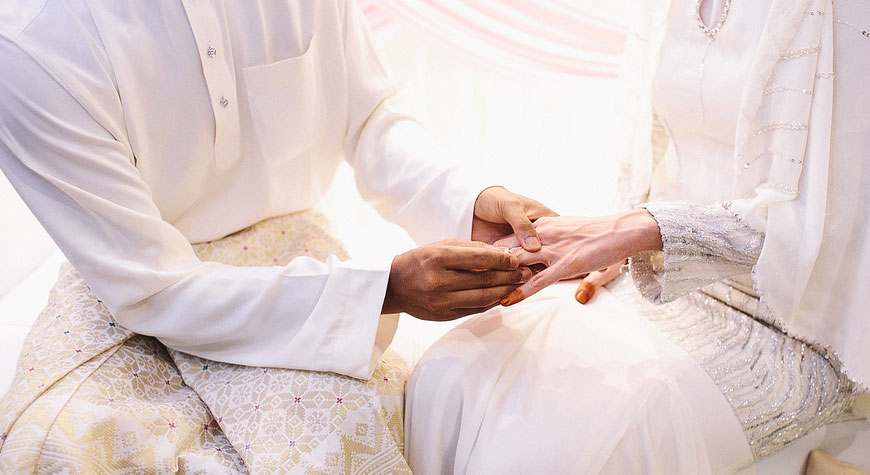Youths Key to Achieving Gender Equality in Workplace

The youth plays an important role in changing mindsets and achieving gender equality in Indonesia. This topic was the focus of the “Youth Vision 2030: Gender Equality and Women’s Empowerment in Indonesia” conference held last week in Jakarta.
“Young people have a critical role to influence the process of achieving gender equality. They can be the change makers,” said Anita Nirody, the United Nations resident coordinator in Indonesia during the opening of the conference.
“If we include women in the development processes, all countries will benefit. International studies show that when women are included and when the gender gap closes, it adds millions and even trillions to the economy,” Nirody said.
Currently Indonesia still ranks low when it comes to gender equality, 88th out of 144 countries, according to the World Economic Forum’s 2016 Global Gender Gap report.
Held by the Indonesian Business Coalition for Women’s Empowerment (IBCWE), the United Nations Women, United Nations Development Program (UNDP) and the Association Internationale des Etudiantes en Sciences Economiques at Commerciales (AIESEC) Indonesia, the event focused on the fifth UN’s sustainable development goals (SDGs) to achieve gender equality by 2030, and what role the youth can play. It was held in commemoration of the Youth Pledge’s Day (Hari Sumpah Pemuda) on October 28.
IBCWE’s Chair of Executive Board and the CEO of Sintesa Group Shinta W. Kamdani referred to a finding by the ASEAN Development Bank (ADB) in 2016 that only 23 percent company executives put gender equality as a priority. And according to International Finance Corporation, in Indonesia women represent half of the workforce, but only 6 percent of them are able to achieve top managerial positions.
“Today’s event is part of our effort to mainstream women’s participation to achieve gender equality in workplace,” said Shinta.
She also pointed out a research conducted by McKinsey in 2007 that shows that companies with more diverse workforces perform better financially. The research also found that gender-diverse companies are more likely to outperform by 15 percent.
“By looking at these studies and researches, it is clear that the representation of women in the workplace is necessary. And we can start this with young people to play a role in order to putting forward this issue,” she said.
In the first panel discussion, three young women and a man representing the business community gave a presentation on their visions of Indonesia in 2030 when it comes to gender equality at work. They expressed their wishes that by 2030, there would be no more gender-based discrimination at work.

Shinta Nurfauzia, the Co-Founder and CEO of Lemonilo referred to the low number of women in top managerial or leadership positions in companies and vowed to change this as part her commitment to promote gender equality at work.
“By 2030, my vision is to hire 50 percent of women to work for my company,” she said.
Women continue to face significant cultural, social, and religious barriers to employment and to equal treatment in employment, she said, and much of this is because of social norms and gender roles.
“Let’s talk about Indonesia’s culture: at some point in a woman’s life, society expects her to stop working and to focus on taking care of children and her household,” said Shinta during the panel discussion.
“I’m not saying choosing to be a housewife is wrong – it is certainly not an easy job and I appreciate women who choose it,” said Shinta. “But when we talk about women who want to choose career over household work, we need to end the patriarchal culture that impedes women’s opportunity by first raising awareness on this problem.”
On the other hand, many women who are on top positions in companies today feel that their femininity can often be an obstacle in their career advancement.
Anne Patricia Sutanto, the Vice President Director of PT Pan Brothers, shared her experience at work: “I pushed my femininity aside so people would consider and take me seriously. I think this has to be addressed when it comes to women issue in the workplace.”
Rochmad Siddhiqie, the National Head of Public Relations of AIESEC Indonesia, talked about toxic environment for women in the workplace and how men must collaborate to end this culture.
The Ambassador for G(irls) 20, Nariswari Nurjaman concurred, saying: “To achieve gender equality, it takes collaboration and support from men to provide the same opportunities for women.”
Go-Jek Vice President, Dayu Dara highlighted the importance of raising self-confidence in women to help them excel at work.
“I hope that by 2030, gender bias in the workplace will have been a history.”
Find out what these Poso women do with food to bring peace and follow @bunnnicula on Twitter.






















